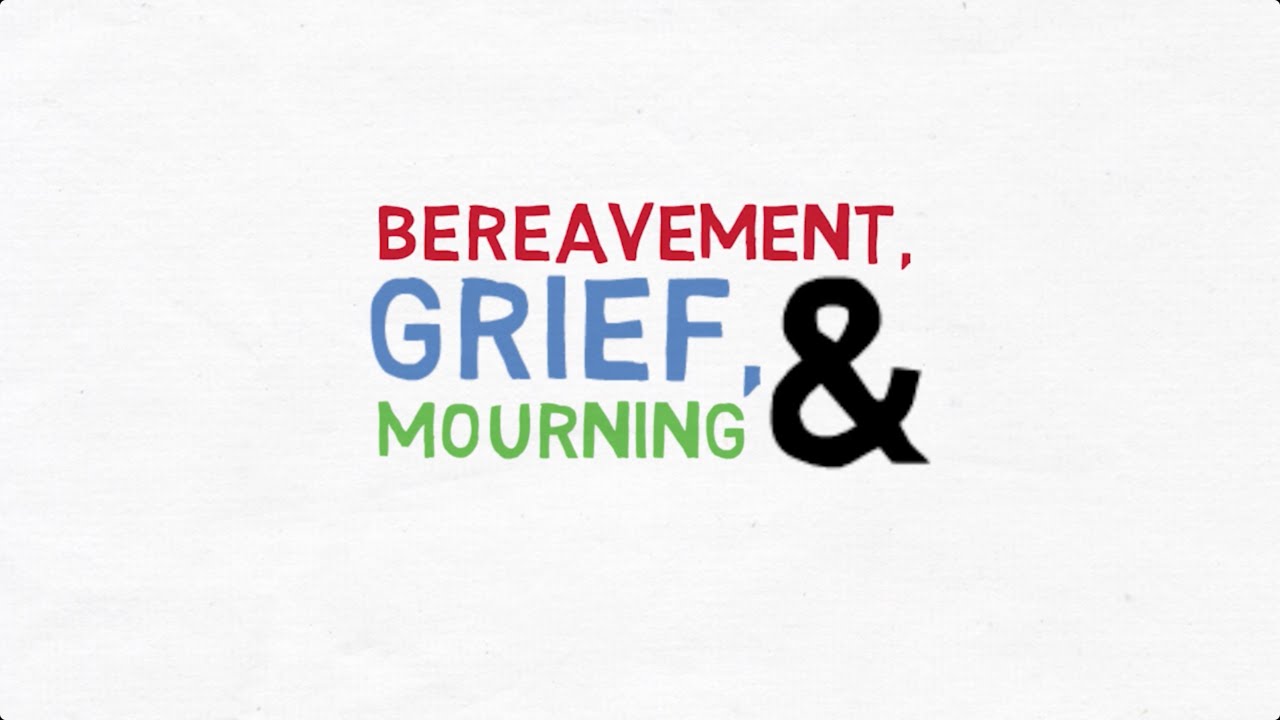-

Nearing death awareness
Nearing death awareness Near death awareness (NDA) is a term to describe a dying person’s experiences of the dying process. It refers to a variety of experiences such as end of life dreams or visions. Their attempts to share the wonders of these experiences are often obstructed by our lack of understanding of the symbolic…
-

Will Making
Will Making Will: This document expresses the desires of a person regarding the distribution of their property among specific individuals or parties after their demise. Will: A will is a document created by an individual during their lifetime, wherein they state how their property and affairs should be handled after their death. Will: A will…
-

ETHICS AT THE END OF LIFE
ETHICS AT THE END OF LIFE Hastened death: It refers to the act of accelerating the dying process as a response to suffering in the context of a life-threatening condition where the patient sees no other way out. Assisted Death: This form of euthanasia involves aiding an individual who expresses a desire to die prematurely,…
-

ADVANCE DIRECTIVES IN PALLIATIVE CARE
ADVANCE DIRECTIVES IN PALLIATIVE CARE An advance directive, also known as an Advance Directive, is a legal document that upholds the principle of autonomy by expressing a patient’s desires regarding medical treatments when they are unable to make decisions themselves. Advance directives serve as essential tools for documenting end-of-life patients’ wishes when they are no…
-

BEREAVEMENT, MOURNING AND GRIEF
BEREAVEMENT, MOURNING AND GRIEF Bereavement is the state of having lost something or someone. The experience of someone who is grieved or bereaved is entirely individual. The way a person grieves depends on a number of factors such as one’s personality and coping style, life experience, faith, and the nature of the loss grieving process…
-

SPIRITUALITY IN PALLIATIVE CARE
SPIRITUALITY IN PALLIATIVE CARE Spirituality is defined as a way individuals seek and express meaning and purpose and the way they experience their connectedness to the moment, to self, to others, to nature, and to the significant or sacred. Spirituality means different things to different people. Religion and faith might be part of someone’s spirituality,…
-

ANGER ISSUES IN PALLIATIVE CARE
ANGER ISSUES IN PALLIATIVE CARE Anger is the strong emotion that one feels when he/she thinks that someone has behaved in an unfair, cruel or unacceptable way. Anger is a strong feeling of annoyance, displeasure, or hostility. Anger in patients and families is a common problem in the care of persons with advanced disease. Whereas …
-

BREAKING OF BAD NEWS
BREAKING OF BAD NEWS Breaking bad news to patients and their families is one of the most difficult responsibilities in health care. Bad news is any news that drastically and negatively alters the patient’s view of his or her future” “The impact of bad news depends on the size of the gap between the patient’s…
-

COMMUNICATION IN PALLIATIVE CARE
COMMUNICATION IN PALLIATIVE CARE Communication (as a generic process) is a two-way process between two or more persons in which ideas, feelings and information are shared, with the ultimate aim of reducing uncertainties and clarifying issues. Communication only becomes complete when there is feedback. Types of communication Verbal communication is the exchange of ideas through…

